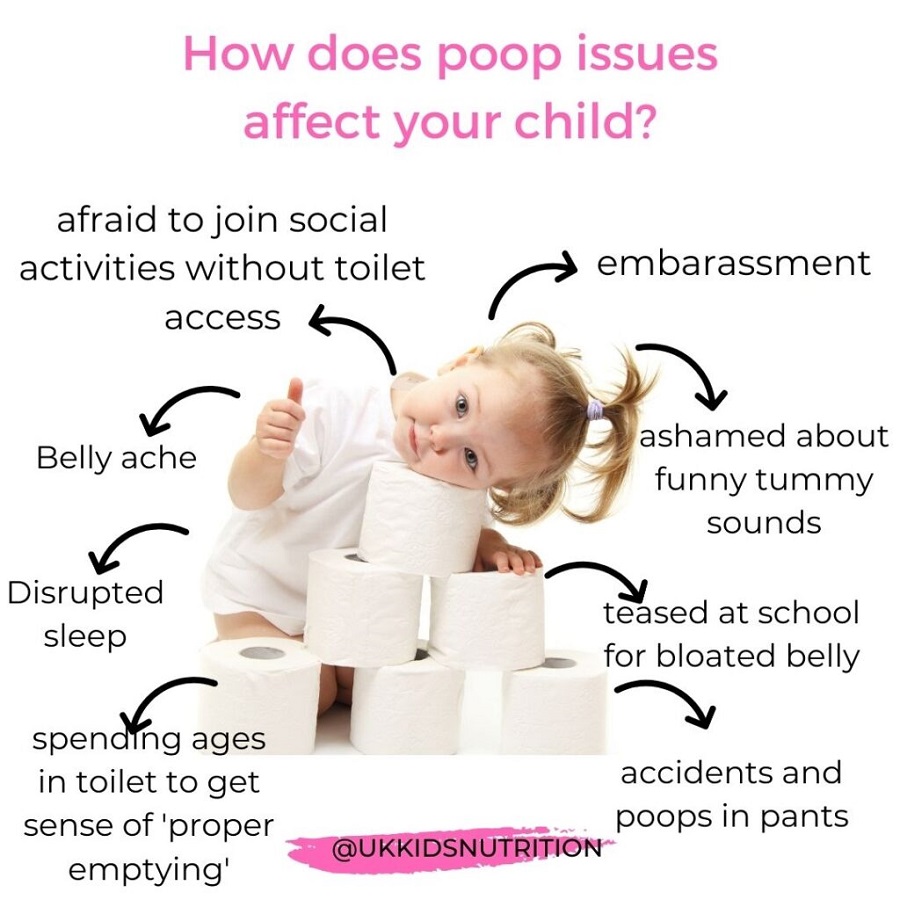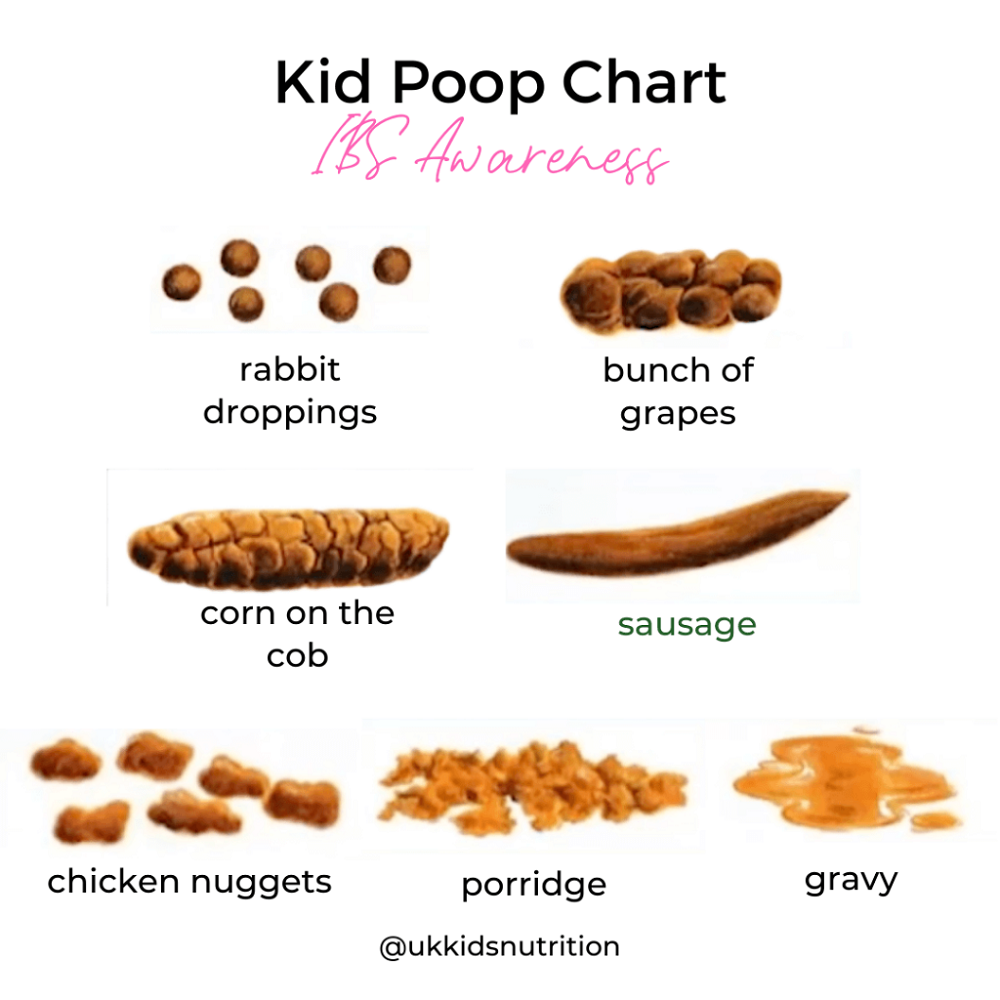Toddler constipation is a common concern among parents, affecting their children’s comfort and overall health. Understanding how to alleviate this issue can help build positive habits and contribute to better digestive health for little ones. In this comprehensive guide, we will delve into practical tips for solving toddler constipation, focusing on diet, hydration, physical activity, and when to seek medical advice.
Understanding Toddler Constipation
What is Toddler Constipation?
Toddler constipation typically occurs when a child’s bowel movements become infrequent or difficult to pass. Usually characterized by hard, dry stools, the condition can lead to discomfort and pain during bowel movements, causing many toddlers to avoid going to the toilet altogether. This avoidance can further perpetuate the issue, making it a cyclical problem. While the limited dietary variety of toddlers can play a significant role, several factors contribute to constipation, including lifestyle, behavioral changes, and inadequate hydration. Understanding the definition and potential causes of toddler constipation is crucial for parents in addressing this common issue effectively.
Factors Contributing to Toddler Constipation
Numerous factors contribute to toddler constipation, including dietary choices, psychological elements, and changes in routine. Often, toddlers may transition from breast milk to cow’s milk or solid foods that may not provide ample fiber, leading to harder stools. In addition, stressful situations such as starting daycare, potty training, or major family changes can affect a toddler’s emotional well-being. Psychological factors can discourage toddlers from using the potty, causing them to hold in their bowel movements. By recognizing these various elements, parents can better tailor their approach to address the underlying causes of constipation in their toddlers.

Dietary Adjustments
Increasing Fiber Intake
One of the most effective ways to combat toddler constipation is to increase fiber intake. Fiber helps add bulk to stools and encourages regular bowel movements. Foods rich in fiber include fruits such as pears, apples, and berries, as well as vegetables like broccoli and peas. Whole grains, such as oatmeal, brown rice, and whole-wheat bread, can also provide the necessary fiber to help keep your toddler regular. By gradually introducing these foods into your child’s diet, you can help ensure smoother digestion. It’s also important to mix various fiber sources to create a balanced diet, while making meals fun and engaging can promote a more positive response to trying new foods.
Limiting Constipating Foods
In addition to increasing fiber, parents should be mindful of foods that can contribute to constipation. These often include dairy products (like cheese and yogurt), processed foods (such as white bread and pastries), and certain starchy foods. While these items can be part of a balanced diet, too much can lead to digestive troubles for toddlers. To alleviate the issue, it’s essential to balance these foods with more fibrous options. Limiting constipating foods while ensuring a diversified diet can help your toddler maintain healthy digestion and avoid discomfort associated with constipation.
Hydration Matters
Importance of Fluids
Hydration plays a crucial role in preventing and alleviating toddler constipation. Water helps soften stool, making it easier for a toddler to pass. While toddlers typically do get some hydration from the foods they consume, offering sufficient water throughout the day is vital. It’s important for parents to encourage their children to drink water regularly, especially if they’re active or it’s a particularly warm day. Remember that small children may not always recognize their thirst, so offering fluids proactively is essential.
Healthy Beverage Choices
While water is the ideal choice for hydration, other beverages can contribute positively to your child’s fluid intake. Prune juice, for instance, contains natural sorbitol, which can help to soften bowel movements and stimulate digestion. Apple juice can also have a similar effect. However, it’s essential to control the amounts offered, as excessive juice can lead to other digestive issues and a preference for sweet beverages over water. Encouraging a balance of water and age-appropriate juices can ensure your toddler remains hydrated and help avoid constipation issues.

Physical Activity
Promoting Movement
Physical activity is another key element in preventing and alleviating toddler constipation. Movement stimulates the digestive system, encouraging regular bowel movements. Engaging your toddler in activities such as running, jumping, dancing, or even simple games can make a significant difference. Outdoor play and structured activities not only promote good physical health but also support healthy digestion. Parents should encourage at least an hour of active play each day to keep their child’s body functioning optimally and to help prevent constipation.
Incorporating Play into Routine
Creating a routine that incorporates physical activity can be beneficial for both toddlers and their parents. Simple activities like going for walks, playing tag, or setting up an obstacle course in the backyard can all encourage movement. Parents should aim to make these activities fun and engaging, turning exercise into a natural part of daily life rather than a chore. This not only fosters a love for physical activity but can also significantly contribute to preventing constipation and promoting overall well-being.
Potty Training and Behavior Management
Understanding the Potty Training Phase
Potty training can sometimes exacerbate constipation in toddlers. The training process can create stress and anxiety, prompting children to withhold bowel movements out of fear or discomfort. It’s crucial for parents to approach potty training gently and patiently, allowing their children to adjust at their own pace. Associating the bathroom with a positive experience can alleviate pressure. Parents should encourage their children to sit on the toilet regularly, even if they’re not having the urge to go, to help normalize the experience and reduce anxiety.
Creating a Positive Bathroom Environment
Establishing a welcoming and non-threatening bathroom environment can also significantly help toddlers during potty training. Make sure the bathroom is comfortable, and consider providing a stool for your child to rest their feet as they sit on the toilet. This can promote relaxation and ease the process. Allowing your child to read books or play with soft toys while they sit can create a calming atmosphere. Encouragement and praise for every successful attempt can build confidence and reduce fear, fostering a healthier relationship with bowel movements.
When to Seek Medical Advice
Recognizing Warning Signs
While most cases of toddler constipation can be resolved at home with practical tips, there are instances where medical intervention may be necessary. Signs that warrant a visit to a healthcare professional include persistent abdominal pain, blood in stool, severe discomfort during bowel movements, or if the constipation persists despite dietary and lifestyle changes. Parents should also be cautious of sudden changes in bowel habits that are accompanied by other concerning symptoms, as these could indicate a more significant underlying health issue.
Consulting with a Pediatrician
If you find that your toddler’s constipation persists despite your best efforts, it’s essential to consult with a pediatrician. A healthcare professional can provide you with a thorough assessment of your child’s digestive health and suggest tailored solutions, whether that involves dietary recommendations, laxatives, or other medical interventions. Consulting a pediatrician can also reassure parents about what is typical for their child’s age and developmental stage, providing clarity on how to best address their specific issues. Always trust your instincts as a parent; if something feels off, it’s worthwhile to seek professional assistance to ensure your child’s well-being.

Conclusion: Building a Foundation for Healthy Digestion
In conclusion, addressing toddler constipation involves a combination of dietary adjustments, proper hydration, physical activity, and a supportive environment during potty training. By understanding the factors that contribute to constipation and implementing practical strategies, parents can help alleviate discomfort for their toddlers. Ultimately, fostering healthy habits early on can lead to better digestive health in the long term, ensuring that toddlers thrive physically and emotionally. Parents are encouraged to be proactive, and consistent, and to seek support when necessary to navigate these challenges effectively.
